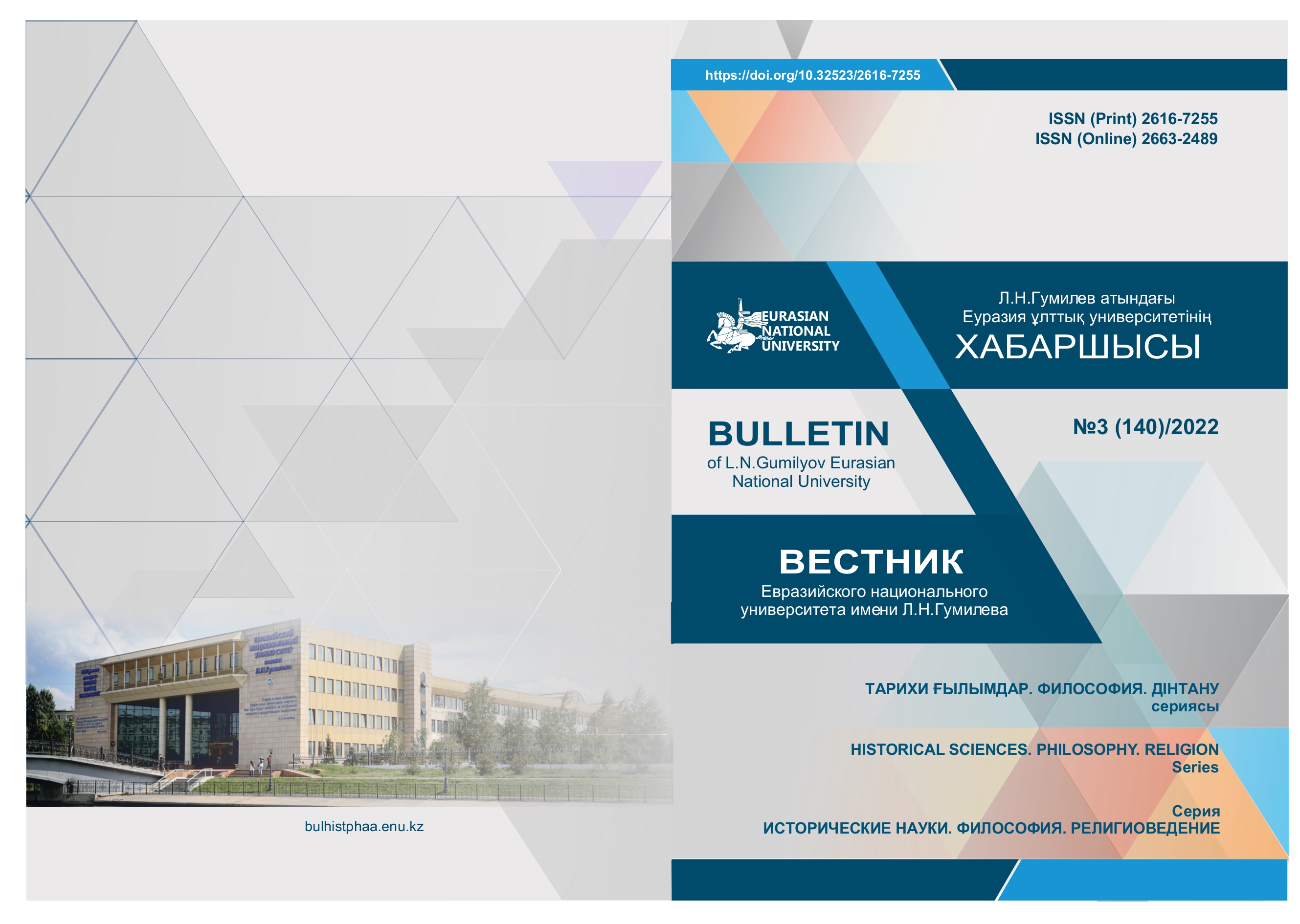Experience in using podcasting to popularize historical topics (on the example of creating a podcast about Kazakh khans)
Views: 304 / PDF downloads: 514
DOI:
https://doi.org/10.32523/2616-7255-2022-140-3-178-192Keywords:
podcast industry; podcasting; popularization of history; narrative; Kazakh khans; historical memory.Abstract
The article analyzes the use of the podcast industry to create audio narrative programs, including the development of historical, ethnographic and research areas in the podcast industry of Kazakhstan to expand the cultural interpretation of historical narratives. The results of scientific research of various periods of the history of Kazakhstan, known in academic circles but not so widespread among the population, can be presented in a more accessible form. Podcasting, including narrative podcasts with the participation of academic scholars, can be considered one of these forms. The article describes creating an audio podcast dedicated to the life and activities of the Kazakh khans. This article will be interesting from the point of view of studying the opportunities of using new methods of information distribution related to the history of Kazakhstan. We also believe that, by analogy with the example given in the article, there is an excellent opportunity to widely disseminate the results of research related to the cultural studies of the Kazakh people, as well as folklore, and painting of Kazakhstan, to expand cultural interpretation, collective and historical memory. Historical memory as a link between generations is relevant today more than ever since the processes of globalization and westernization affecting the life of society in almost all countries of the world also bring with them the gradual erasure of the boundaries of historical memory. In this regard, one of the practical means, in our opinion, is the use of new media areas available in terms of technical application, one of which is the podcast industry.
Downloads

Downloads
Published
How to Cite
Issue
Section
License
Copyright (c) 2022 Tolganay V. Mustafina, Arailym D. Abdibek Assan A. Amangeldiyev

This work is licensed under a Creative Commons Attribution-NonCommercial 4.0 International License.







